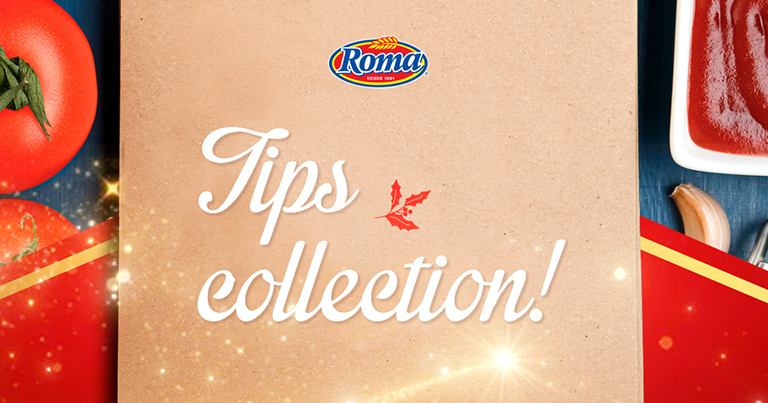Pasta Tips Collection


We’ve been reading and accumulating tips for a long time to obtain the best results with our pasta recipes. But to prevent any from being overlooked the next time we cook, we have put together the most important ones in this Super Collection of Pasta Tips:
1. Cook the pasta in a large pot.
Pasta grows when cooked and releases starch, so there has to be enough room to stir so it doesn’t stick. Ideally, we should use 5 or 6 liters of water for each kilo of pasta.
2. Add salt and pasta to the water after boiling point.
The pasta is somewhat bland on its own so it needs salt, but it has to be added to the water after it boils so it doesn’t delay the boiling point. And pasta should be added after the boiling point to perfectly control the cooking time.
3. Do not add oil to the cooking water.
This is one of the most common bad pasta habits, but the only thing the oil does is isolate the pasta from the sauce later added. To prevent the pasta from sticking, we must control the cooking time and stir regularly.
4. Do not refresh the pasta with cold water once cooked.
Another common mistake. Unless we want to cool it to use in a salad, we should never run pasta through cold water. We would only be washing off the salt and removing the remaining starch that helps the sauce to stick better to the pasta.
5. First the sauce, then the pasta.
Sauce always takes longer to prepare, and it’s ideal to add the pasta to the sauce directly from the cooking water, so it is best to start with the sauce so everything in the mixing is fresh. By the way, the pasta finishes cooking with the heat of the sauce, so it’s better to never overcook it.
6. Choose the right cut.
At the end of the day, people can have pasta however they like, but some cuts go better with certain sauces. Short pasta is best for thick sauces or chunky sauces, so their cavities collect more sauce. Therefore, long pasta is better for lighter sauces.
7. Do not throw away all the cooking water.
Given the consistency the water gets after cooking the pasta, it becomes an excellent ingredient for making sauces and giving them texture. It’s always a good idea to reserve some of the cooking water.


